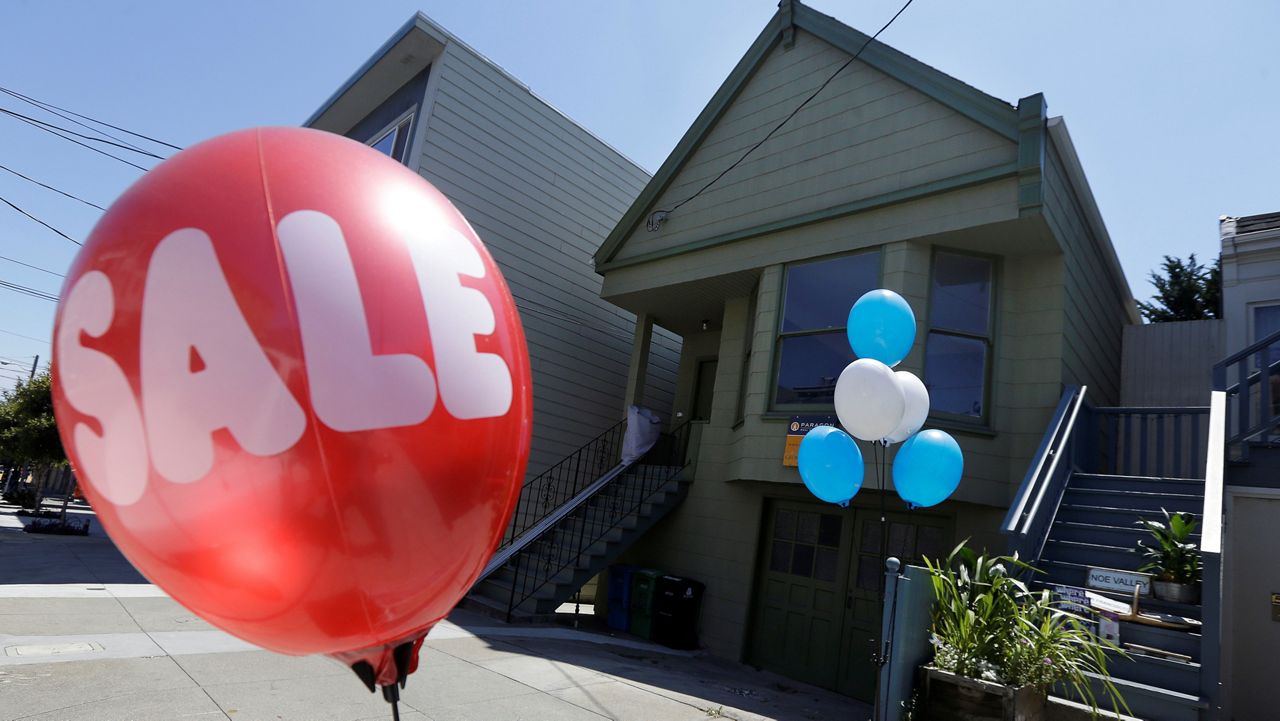LOS ANGELES — The American dream of home ownership is slipping away for renters, especially in Los Angeles. In September, LA renters earned just 30% of the income needed to buy an entry-level house, according to a new study from the online real estate marketplace Point2.
Looking at renter incomes, starter home prices and mortgage rates for the 50 largest U.S. cities, the study found that renters can no longer afford to buy a single-family home of 1,400 square feet or less in 46 of those cities. With a median starter home listing price of $682,002, LA topped the list.
The average renter’s household income in LA is $49,568, but the income required to afford a starter home with a 20% down payment and a 7% mortgage interest rate is $166,937, the study found. In Long Beach, which is the third least affordable city for first-time buyers with a median starter home listing price of $562,462, the average renter’s household income is $50,566 while the income required to buy is $138,658.
Oakland, San Jose, San Diego and San Francisco also ranked in the study’s top ten.
Even as home prices cool in many markets, rising interest rates are pushing an increasing number of once-affordable cities out of reach for renters who’d like to buy. In August, when interest rates were about 5.5%, renters in six of the country’s 50 largest cities could still comfortably afford a starter home. By September, when mortgage rates climbed to nearly 7%, just four cities met the criteria: Detroit; Tulsa, Okla.; Memphis, Tenn.; and Oklahoma City, Okla.
Point 2 defines comfortable affordability as a renter who makes a 20% down payment and has a mortgage that is 30% or less of gross monthly income.
One of the main reasons for the lack of affordability is that fewer starter homes are being built, Point2 said. In the 1940s, 70% of newly constructed houses were entry level, compared with 7% in 2019, according to the U.S. Census Bureau.
The report cited high costs for land and building materials for the reduction in starter home building, and first-time buyers’ competition with downsizing baby boomers, second-home buyers and property investors for entry-level homes’ lack of availability to the people for which they were originally intended.
“The starter home’s new and simplified definition is the most affordable home in town,” according to the study. “However, this simplified definition does nothing to simplify matters for first-time buyers. The change in definition can’t mask the painful reality: Even starter homes, which should represent the epitome of affordability, are increasingly becoming anything but.”



